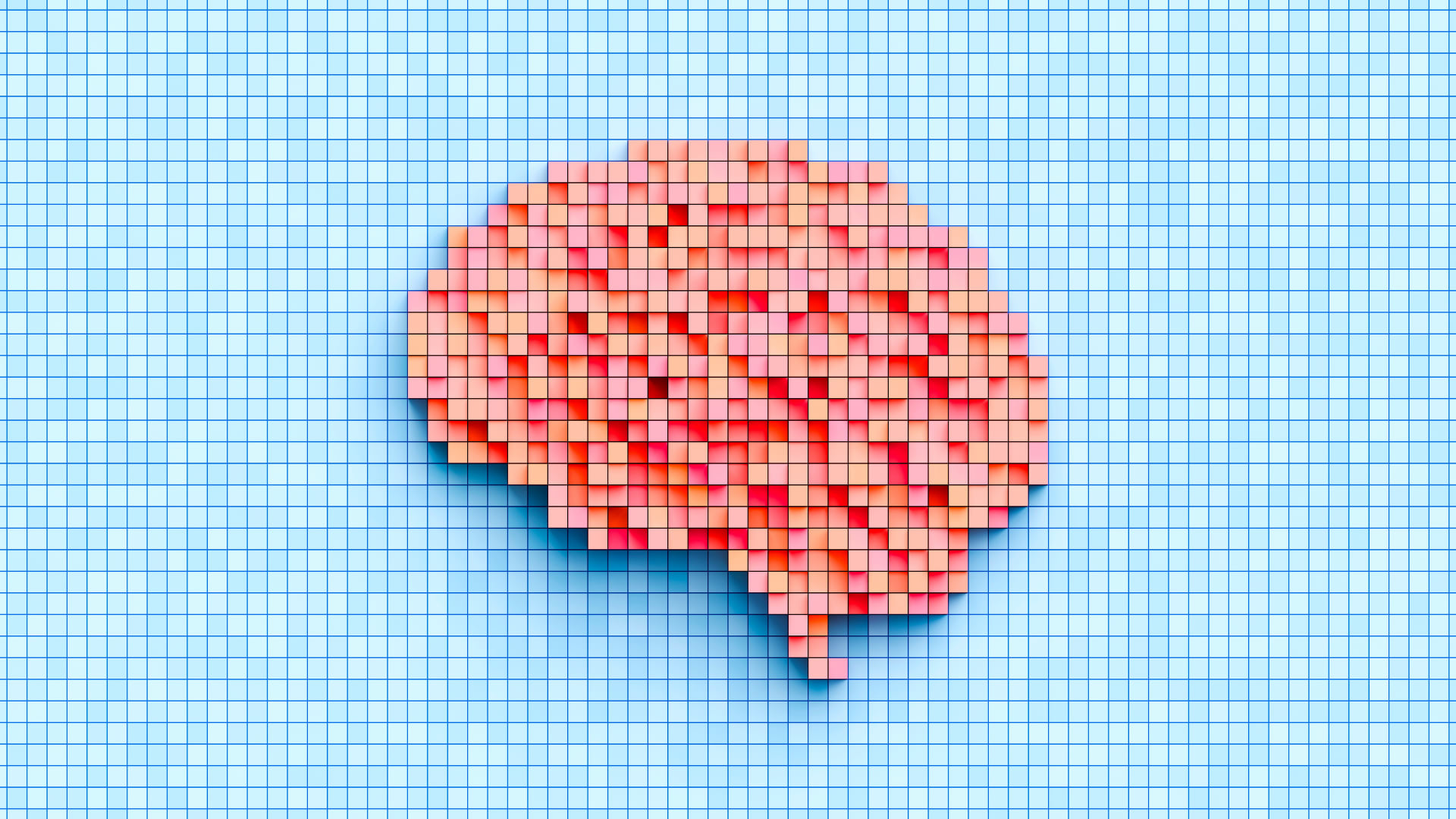There is no shortage of great promises about AI in health care. The American government announced a Stargate initiative of $ 500 billion to finance AI infrastructure, while the British government announced £ 82.6 million in research financing for three projects, two of which use AI to tackle cancer and Alzheimer’s disease.
But ask a patient who waits for a diagnosis, or a doctor who is looking for certainty, and the real question cuts all the noise: when will all innovation have real impact where it is the most important?
We have introduced an era in which data in health care is measured in Exabytes – general, images, clinical notes, laboratories and signals from each continent. At Sophia Genetics we have just reached the milestone of analyzing 2 million patient profiles. It is a number that was unimaginable ten years ago.
Yet the value of data is not in volume. It is what you do with it. Insight is only important if it changes a solution, shortens a diagnostic odyssey or opens a new chance for a patient.
It is time to go from conversation to action. Too often insights get trapped in institutional silos or left in endless pilot projects, just out of reach of the people they need.
3 ways in which AI is already transforming medicine
Nowadays, for example, technology can connect a patient in São Paulo with expertise in Seoul, who discovers patterns that are invisible to the human eye. Here are different ways in which AI now helps.
1. Improvement of diagnostic accuracy: AI algorithms, in particular those based on deep learning, have shown remarkable accuracy in diagnosing diseases of medical images and test results. These systems are trained on huge data sets, so that they can recognize patterns and deviations that can be missed by the human eye. In dermatology, for example, AI systems have trained on images of skin lesions to detect skin cancer, such as melanoma, with high levels of precision.
2. Improvement of cancer prevention: AI techniques can be used to screen individuals on genomic markers and to develop personalized scores for the forecast of cancer. This proactive approach can help younger patients screen on genomic predisposition, thereby establishing them to make informed prevention decisions and to follow their health proactively.
3. Making customized treatments on genomic profiles: One of the most important applications of AI is in the field of genomics. AI can analyze enormous genomic data sets to identify mutations and variations that can influence the response of an individual to certain treatments. Our Sophia DDM product can, for example, identify specific genomic markers that are sensitive to targeted cancer therapies, which increases the efficacy of treatment and the risk of side effects is minimized, for a more effective and safer treatment plan for patients.
To scale up these AI applications, there are many legal and compliance barriers to overcome. This requires investments in data security, creating clear guidelines, data security measures and ensuring that clinicians are fully trained.
Our goal should be to create a regulation environment that promotes innovation, while patient data is protected and promotes the trust of the public. We must democratize this powerful data to enable more doctors, practices and hospitals to include AI in daily clinical use, so that a larger number of patients have access to data -driven medicine, not just a select number.
My message for governments that invest in AI is clear: balance investing in future AI tools with validating existing solutions that have been proven to improve the results of the patient. Build the bridges that convert through breaches into benefits, so that data -driven medicine becomes a reality for each patient.
Jurgi Camblong is co -founder and CEO of Sophia Genetics.
#hype #Health #discussed #results




